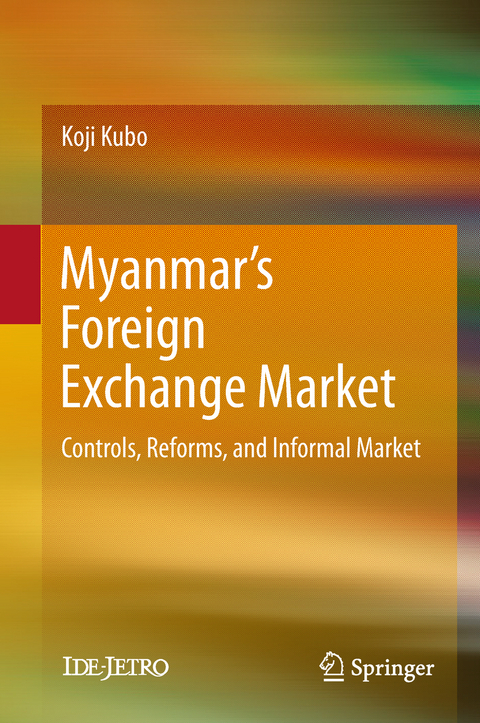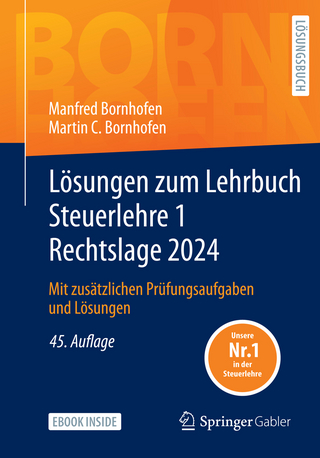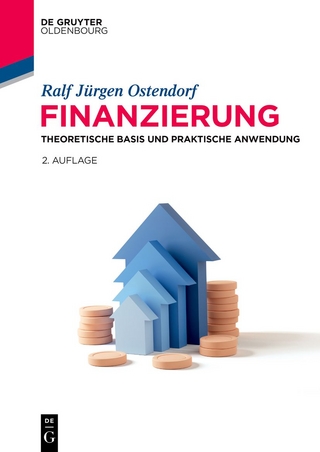
Myanmar’s Foreign Exchange Market
Springer Verlag, Singapore
978-981-13-1788-0 (ISBN)
Koji Kubo is a senior research fellow at the Institute of Developing Economies, Japan External Trade Organization (IDE-JETRO). Earlier drafts of this book were written while he was affiliated with the JETRO Bangkok Office as a researcher and with the Institute of Asian Studies, Chulalongkorn University in Thailand as a visiting researcher. He has a Ph.D. in international public policy from Osaka University and degrees from Kyoto University and the University of Sussex. Dr. Kubo's research focuses on the evolution of economic institutions in Myanmar. His analyses of the Myanmar economy have appeared in the ASEAN Economic Bulletin, Asian-Pacific Economic Literature, the Journal of Southeast Asian Economies, and Post-Communist Economies. He is the editor of Dollarization and De-dollarization in Transitional Economies of Southeast Asia (2017).
Chapter 1 Introductory Chapter: Myanmar's Foreign Exchange Market—Controls, Reforms, and Informal Market.- Chapter 2 Piecemeal Reforms in the 1990s and Forex Market Segmentation between State and Private Sectors.- Chapter 3 Unofficial Forex Market and Informal Economic Activities under Exchange Restrictions on the Private Sector.- Chapter 4 Import Controls, Natural Resource Booms, and Extraordinary Real Exchange Rate Appreciation in 2007–2011.- Chapter 5 Foreign Exchange Market Reform since 2011: Linkage between the Official and Unofficial Markets.- Chapter 6 Informal Currency Deals and New Official Customer Dealing: Who Chooses Which?.- Chapter 7 Concluding Chapter: Prospects for Modernizing the Foreign Exchange Market.- Index.
| Erscheinungsdatum | 05.10.2018 |
|---|---|
| Reihe/Serie | SpringerBriefs in Economics |
| Zusatzinfo | 20 Illustrations, color; XVIII, 126 p. 20 illus. in color. |
| Verlagsort | Singapore |
| Sprache | englisch |
| Maße | 155 x 235 mm |
| Themenwelt | Wirtschaft ► Betriebswirtschaft / Management ► Finanzierung |
| Wirtschaft ► Volkswirtschaftslehre ► Finanzwissenschaft | |
| Wirtschaft ► Volkswirtschaftslehre ► Makroökonomie | |
| ISBN-10 | 981-13-1788-7 / 9811317887 |
| ISBN-13 | 978-981-13-1788-0 / 9789811317880 |
| Zustand | Neuware |
| Haben Sie eine Frage zum Produkt? |
aus dem Bereich


